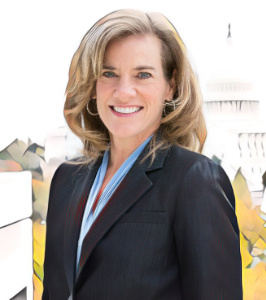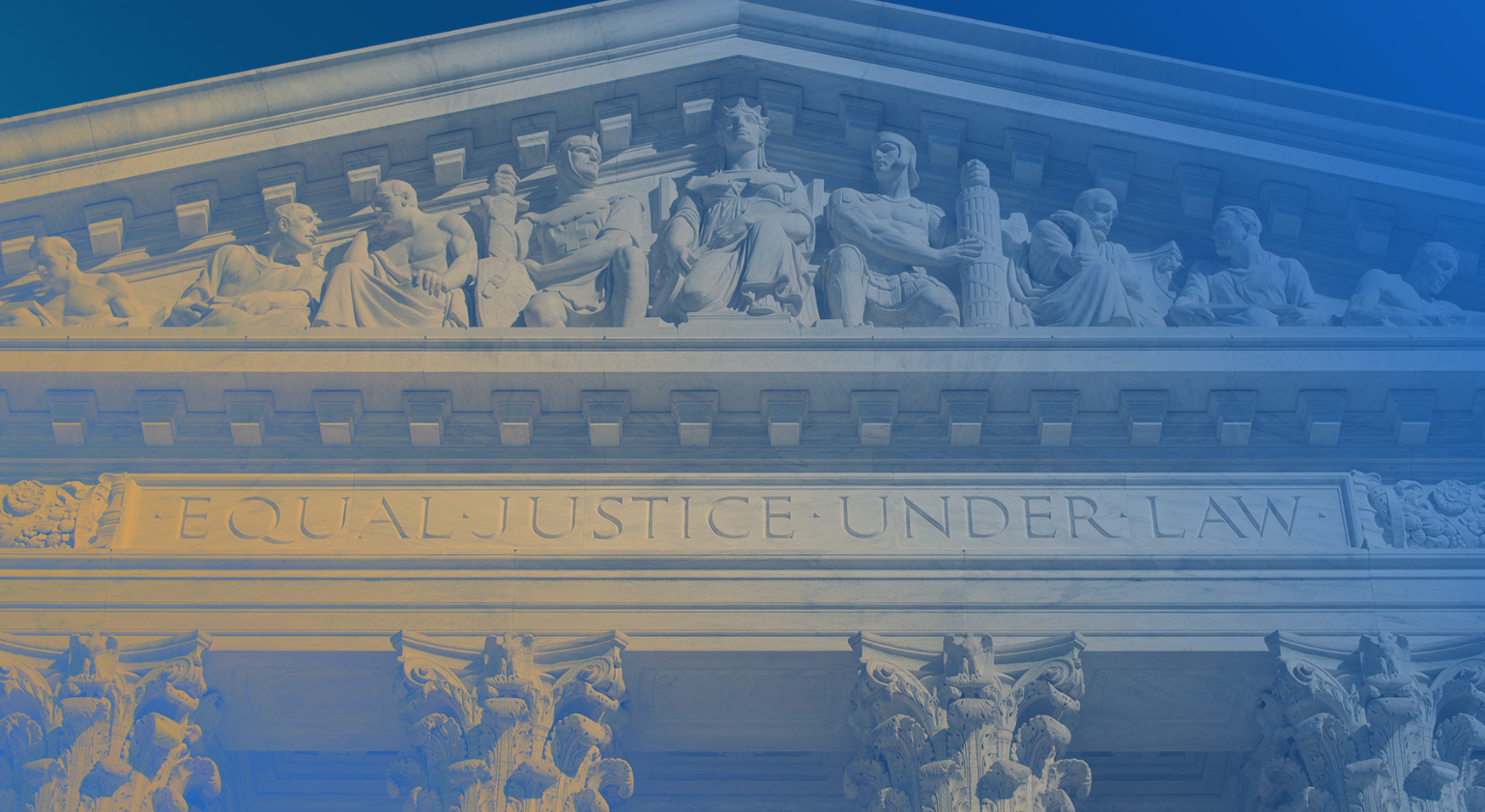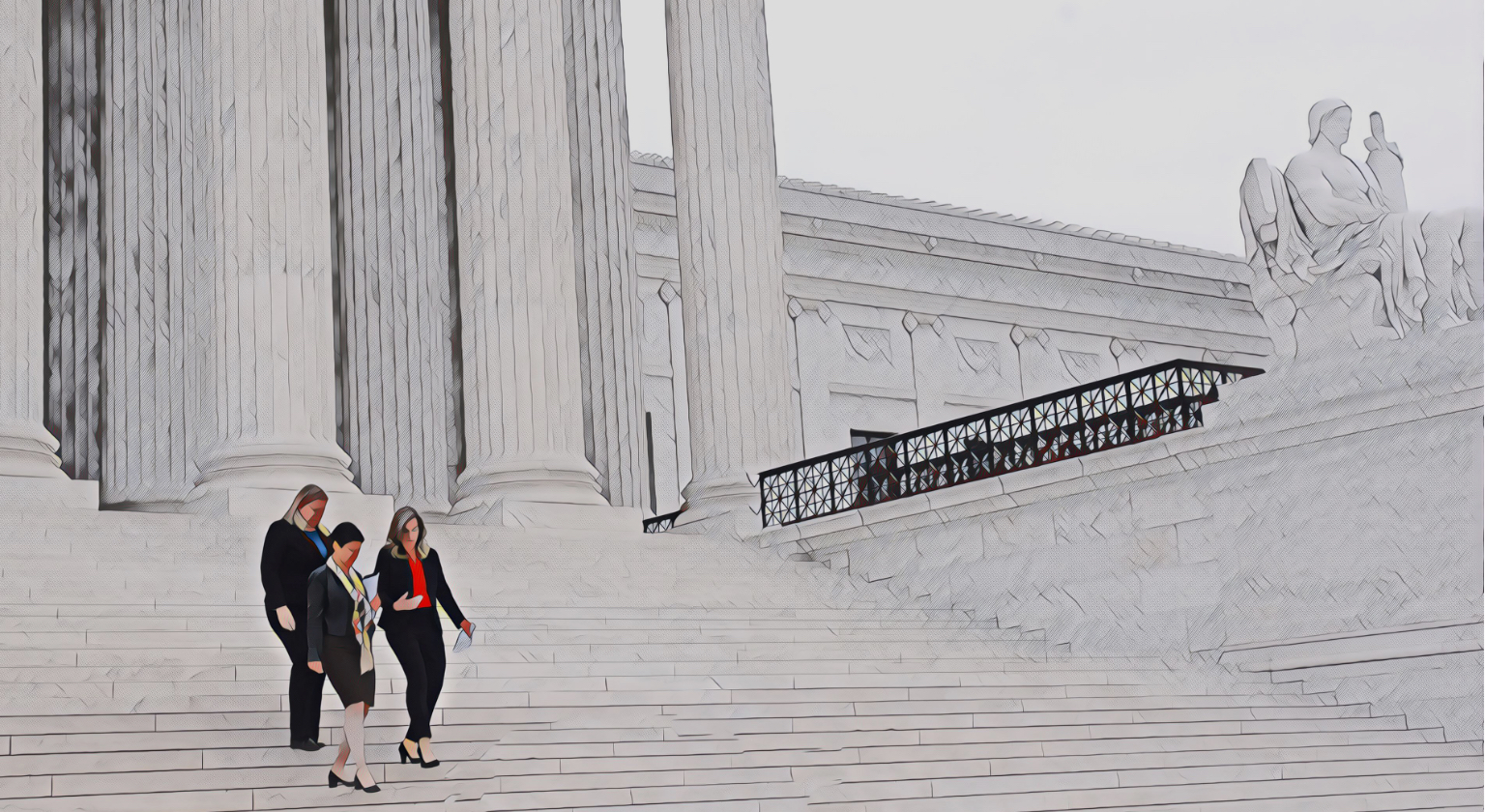What is going on in the fight over LGBTQ nondiscrimination and foster care?
BJC General Counsel Holly Hollman analyzes the Fulton v. Philadelphia decision

A few days after the U.S. Supreme Court’s decision in Fulton v. City of Philadelphia, the BJC staff discussed what the Court held and how the public interprets it. Several of us heard from friends and family who were interested in the case but didn’t quite understand it. Depending on one’s sources, the case seemed to be about who can be a foster parent, the religious beliefs of faith-based service providers, LGBTQ nondiscrimination laws and/or the administration of government contracts.
Some reports emphasized the unanimous result in favor of Catholic Social Services (CSS), while others emphasized the fact-specific context that doomed the city’s effort to apply its nondiscrimination rules to government contractors without providing a religious exemption for CSS. The significance and likely impact of the decision on religious liberty are debatable, but here are a few observations.
The unanimity of the result does not mean the Court is unified in its approach to deciding free exercise cases or the conflicts between religious objections to same-sex marriage and nondiscrimination protections for the LGBTQ community. The majority opinion emphasized a particular contract provision to find the city had violated CSS’s rights (see article on page 4 of the summer 2021 edition of Report from the Capital). Two concurring opinions lamented the limited scope of the majority opinion, indicating significant differences on the Court. By signing onto the opinion of Chief Justice John Roberts, five members of the Court avoided a far more sweeping opinion. The unanimous result, however, does mean that this Court is favorably inclined toward the claims of religious organizations, even in contexts where the competing government interests are substantial.
In our friend-of-the-court brief, BJC argued that the valuable role religious organizations play in partnering with government entities to deliver services are often enhanced by nondiscrimination rules. We agreed with Philadelphia that maximizing the pool of potential foster parents — regardless of factors such as race, religion and sexual orientation — and ensuring equal treatment of prospective foster parents and foster children could be compelling interests that justified applying nondiscrimination rules to contractors. In Fulton, the Court recognized these interests as substantial and even “weighty.” But because the contract between the parties contained a provision allowing a city official to make exceptions, the Court held the city’s interests were not so compelling as to justify denying CSS’s claim to an exception to avoid certifying same-sex couples.
Fulton is the latest — but certainly not the last — word on conflicts between LGBTQ protections and religious objections. These conflicts will continue. While the Court upheld a constitutional right to marry for same-sex couples and interpreted federal employment laws against sex discrimination to prohibit LGBTQ discrimination in the workplace, there is no uniform federal policy on nondiscrimination against LGBTQ people. Whether an LGBTQ person may be legally subjected to discrimination in many situations depends on a patchwork of state and local laws that vary in scope from place to place.
The free exercise of religion is protected by the First Amendment to the U.S. Constitution and by other federal and state laws, but it is not absolute. BJC has long supported a demanding test to justify any government intrusion into religious affairs or substantial burden on the exercise of religion. For us, protecting religious liberty also means ensuring that government-funded programs are administered without regard to religion. Nondiscrimination policies that apply to government contractors prevent discrimination based upon religion, as well as other protected categories like sexual orientation.
In this case, the Court was likely influenced by the many decades of service by CSS in Philadelphia. In addition, there was no evidence that CSS had ever been asked to certify a same-sex couple or that any same-sex couple had been denied the opportunity to serve as foster parents because of CSS’s policy. While most contractors would readily comply with the city’s nondiscrimination policy, conflicts over same-sex marriage are not the only concern. In other cases, religious providers have sought government contracts while refusing to work with people of other denominations and religions. The Court left those concerns unanswered.
The Fulton decision was not as sweeping a victory for religious objectors to same-sex marriage as CSS and many of its allies hoped. Nor was the decision as fatal to protections for LGBTQ people as Philadelphia and some of its allies feared. Instead, the Court resolved the case before it, giving little guidance for future religious freedom conflicts.
For additional analysis from Hollman, see her contribution to the SCOTUSblog sympoisum on the case: Court requires religious exemption but leaves many questions unanswered.
Holly Hollman is general counsel and associate executive director of BJC.
This column first appeared in the summer 2021 edition of Report from the Capital. You can read the entire magazine as a PDF or as a digital flip-through edition.






